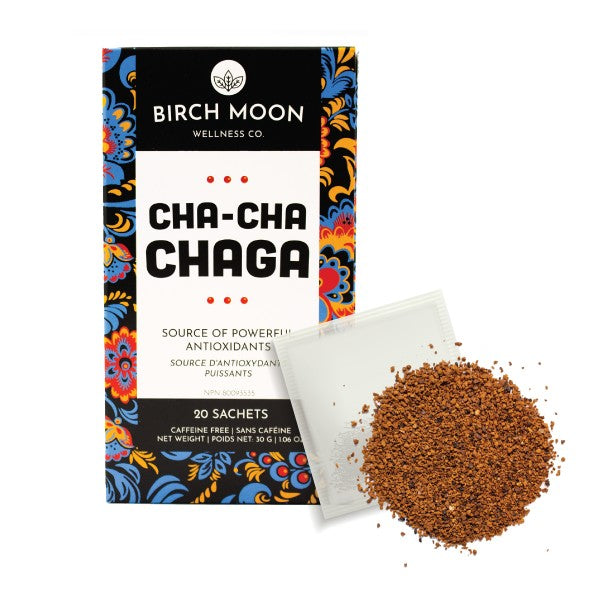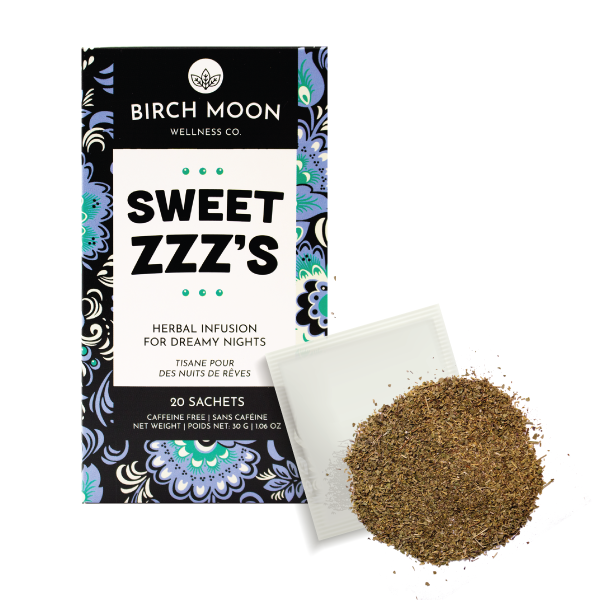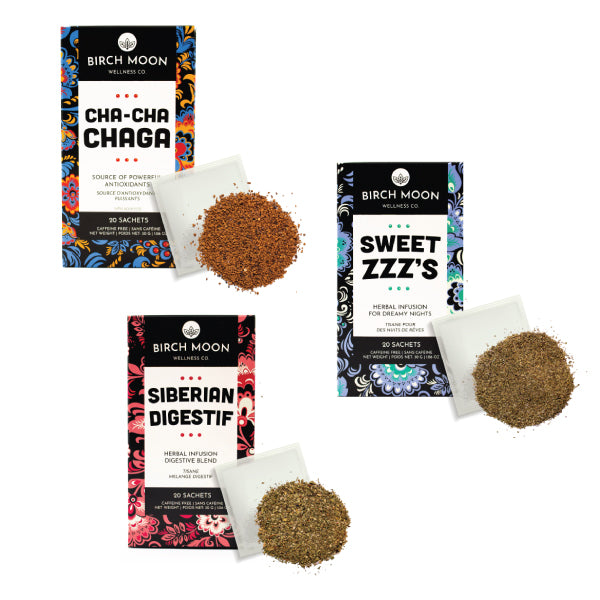In the vast, cold forests of Siberia, a unique and powerful natural remedy has been thriving for centuries, largely unnoticed by the modern world. This remedy is the Siberian Chaga mushroom, a type of fungus that grows predominantly on the bark of birch trees. Chaga has been a staple in traditional medicine in Russia and Northern Europe, revered for its potential health benefits. This article delves into the world of Siberian Chaga, exploring its properties, benefits, and the reasons behind its growing popularity in the wellness community.
What is Siberian Chaga?
Siberian Chaga (Inonotus obliquus) is a non-toxic fungus that can be found in the birch forests of Russia, Korea, Eastern and Northern Europe, Northern areas of the United States, and Canada. This dark, rough mushroom often resembles a clump of burnt charcoal due to the high melanin content. Chaga is unique because it extracts nutrients from the birch trees it grows on, concentrating these elements within itself.
Characteristics
- Appearance: Rough, dark exterior with a softer, orange core.
- Growth: Primarily on birch trees, takes 5-7 years to mature.
- Harvesting: Collected during certain times of the year for optimal potency.

Health Benefits of Siberian Chaga
Siberian Chaga has been the subject of numerous scientific studies due to its rich content of bioactive compounds, including antioxidants, polysaccharides, beta-glucans, and melanin. These components contribute to a variety of health benefits:
- Antioxidant Properties: Chaga is loaded with antioxidants that help combat oxidative stress and may reduce the risk of chronic diseases.
- Immune System Support: The beta-glucans in Chaga are known to boost the immune system, enhancing the body's ability to fight infections and diseases.
- Anti-inflammatory Effects: Chaga exhibits anti-inflammatory properties, which can alleviate pain and swelling.
- Potential Anti-Cancer Properties: Some studies suggest that Chaga may slow the growth of certain cancer cells.
- Support for Digestive Health: The polysaccharides in Chaga can aid in digestive health and help maintain healthy gut flora.
Research and Studies
Recent scientific research has started to validate what traditional medicine has known for centuries. However, it's important to note that while promising, many of these studies are preliminary, and more research is needed to fully understand the extent of Chaga's health benefits.
Sustainable Harvesting and Use
As the popularity of Siberian Chaga grows, so does the need for sustainable harvesting practices. Chaga should be ethically sourced to ensure both the preservation of birch forests and the long-term availability of this natural resource.
How to Use
Chaga can be consumed in various forms:
- Tea: The most common method, involving steeping chunks, steeping chaga tea bags or powder in hot water. Chaga tea is Birch Moon's most popular product.
- Tinctures and Extracts: Concentrated forms of Chaga for more potent doses.
- Supplements: Available in capsule or tablet form for ease of consumption.

Precautions and Side Effects
While Siberian Chaga is considered safe for most people, it's always wise to consult with a healthcare professional before starting any new supplement, especially if you have a pre-existing health condition or are taking medications. Some potential side effects can include:
- Allergic reactions
- Interactions with certain medications
- Kidney or liver issues in high doses
Siberian Chaga presents a fascinating example of nature's power in supporting human health. With its rich history in traditional medicine and growing body of scientific research, Chaga is emerging as a promising natural remedy. As with any supplement, responsible use and sourcing are key to maximizing its benefits while preserving its natural habitat for future generations.
Note: This article is for informational purposes only and is not intended as medical advice. Always consult with a healthcare professional for health-related decisions.





